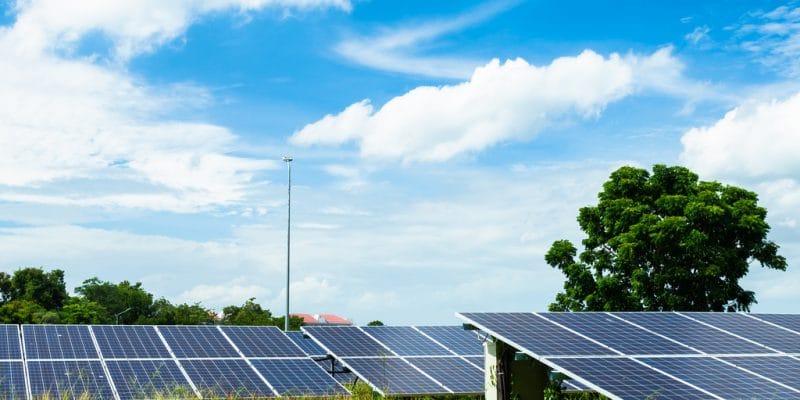The investment plans of South Africa's independent power producers are falling apart. The government, which pledged in February 2020 to solicit new bids from renewable energy suppliers to support Eskom, South Africa's main electricity supplier, has backed off. At issue is Covid-19, which has led to a drop in the country's electricity consumption.
South Africa’s independent power producers were close to achieving their goal. A few weeks ago, they had managed to persuade the South African government, after lengthy negotiations, to buy more renewable energy to support Eskom Holdings SOC Ltd, South Africa’s main electricity supplier, in supplying the population with electricity. Unfortunately, with the advent of the coronavirus pandemic, the country’s authorities have recently decided to disregard this eventuality. However, a few days earlier, the South African government had asked the public utility company Eskom to issue a call for tenders to provide it with emergency power. Bids were due to close on April 30, 2020.
Prior to Covid-19, Eskom was regularly forced to implement power cuts due to its ageing plants. These facilities could no longer provide sufficient production. The situation has suddenly changed. Electricity demand in the country has dropped by 9,000 MW since containment came into effect on March 27, 2020, to limit the spread of the coronavirus pandemic in the country. “Electricity consumption has fallen in the country and left us with excess capacity. The demand for electricity is expected to increase to more or less the same level as before after the pandemic. This means that there will always be a need to increase the contribution of independent power producers to the grid,” says Eskom. For the time being, the date of the next call for tenders remains unknown.
An annoying situation
Eskom’s decision to cancel its contracts thwarts investors’ plans and is a blow to their confidence in the South African government’s commitment to source additional renewable energy. According to some investors, investments in renewable energy projects are based on 20-year returns, and if power resale contracts do not materialize as expected, the cost of financing future projects will mechanically increase. For example, Futuregrowth Asset Management, the country’s largest specialized bond fund manager, has already invested more than R8 billion (over $421 million) in energy projects in South Africa.
According to Ntombifuthi Ntuli, managing director of the South African Wind Energy Association, producers are still counting on the government to implement its energy plan. The plan will determine how much generating capacity will need to be acquired over the next decade.
Inès Magoum






